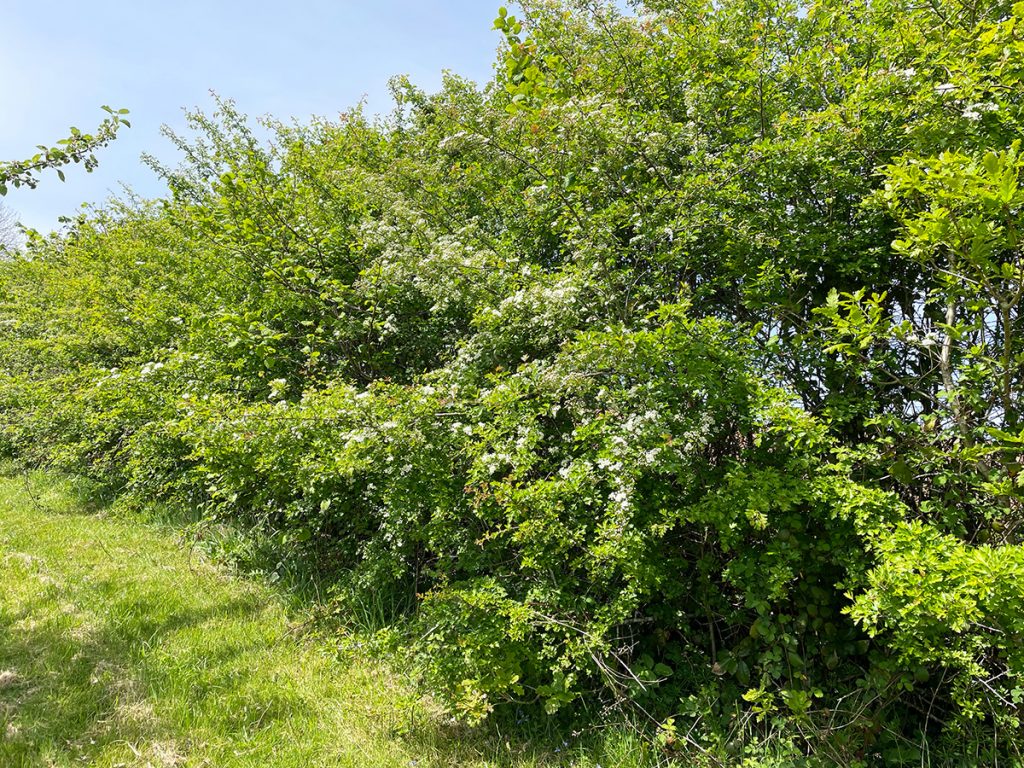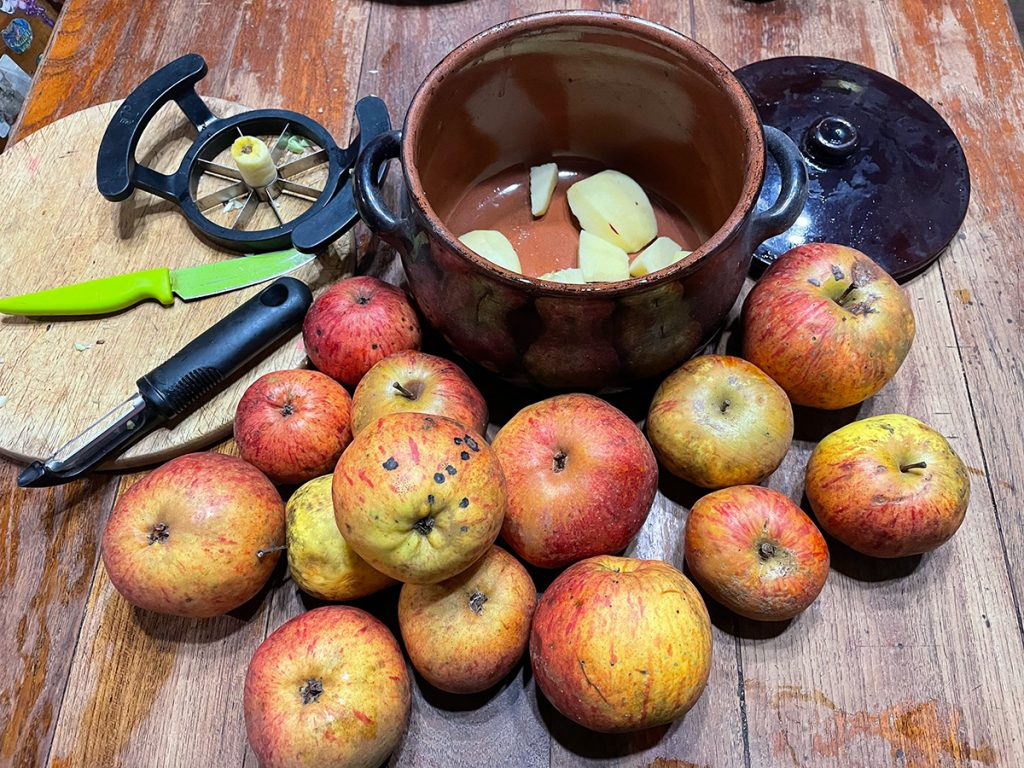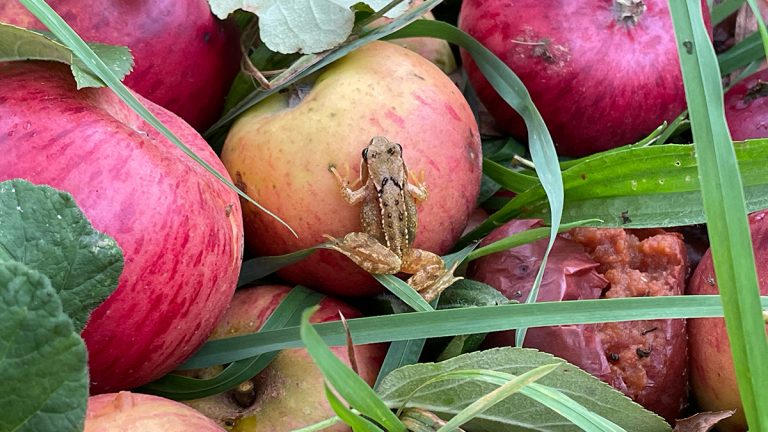
What a summer we have had. A long extended period of dry, more recently followed by storms. I enjoyed the sunshine, but being a great planter of trees I did worry about the drought.Then, when the rain came, there was a real deluge, causing local flooding problems.
The effects of climate change are starting to be indisputable. However only thing we can say with confidence about the future, is that we simply don’t know what is coming. There will undoubtedly be more extreme weather, but we have no idea if the hot summers and milder wild winters will continue, or if we will see a weakening in the Gulf Stream, leading to much colder weather. It’s confusing, and difficult to plan for.
Whatever happens, the future is likely to be different from the past. It might not be all negative; there will inevitably be some winners and some losers. It is time is start building resilience into our lives, to make it easier to adapt to change.
Of utmost importance is to strengthen communities. Love your neighbour rings true whatever your beliefs. Social media can build up a storm of anger and blame, that is very divisive. Rise above it, make compassion, kindness and friendship the central core of your actions.
In autumn a simple act of resilience is to plant trees and hedges, while saplings are bare rooted between November and March.
If you have space, a hedge will be a great asset to your garden. It will provide a wind break in wild weather, shade in the heat, a place for wildlife to shelter and valuable bird food through the winter. Add a bit of long grass at the base for additional shelter, and this will have the added benefit of soaking up excess water. Chose a mixture of wildlife friendly shrubs like crab apple, hawthorn, guelder rose, dog rose, bird cherry and hazel.
How about training some fruit trees around the edge of your garden, or including them in your hedge? In this way you can have the benefit of simple food growing, without using up too much space, and thus reducing reliance on imported fruit.





